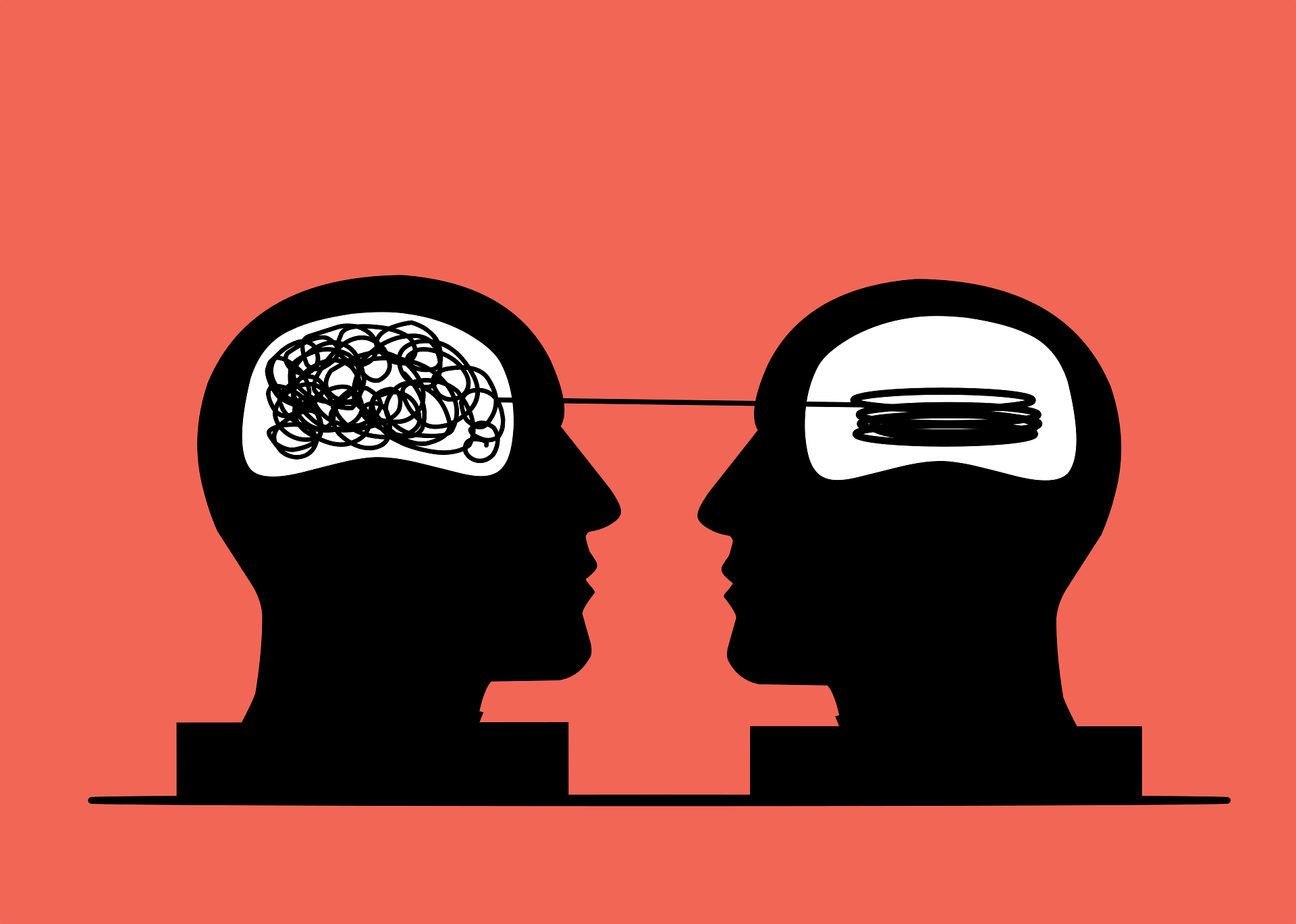PROJECT: Peer School for the Mental Health of Children and Youth

The project comes as a logical result of the fact that in Bitola the subject of mental health have not been dealt with in a systematic way, but only ad-hoc and in the short term. In addition to this and before Covid, but especially now, we see a huge need to provide support primarily to our youth, but also other vulnerable categories of citizens (single parents and people with disabilities) with a long-term project for non-formal education aimed at preserving mental health.
In addition to this, based on the findings of recent research (Coalition SEGA 2021, MOF 2021 and Institute for Human Rights on Peer Violence 2022) young people from the Pelagonia region are among the most dissatisfied with the quality of life. By city, young Bitola residents are the most dissatisfied with the quality of life, and by gender – boys are more dissatisfied than girls.
The aims of the project:
1. Animation and training of young people from primary and secondary schools as well as the faculties in Bitola to serve as peer educators for mental health. In addition, to implement peer education in all educational environments from where they come in the direction of recognition, prevention and adequate handling of psychosocial problems among young people.
2. Formation of two groups for providing support to single-parent families and families with persons with disabilities, as well as to serve as resource groups to share personal experiences to strengthen the capacities and empathy of educational assistants, school professional services and citizens’ associations. 3. Creating a manual of practical guidance useful by all those working with young people experiencing psychosocial problems.
As part of the topics we will address topics significant for the mental health of young people such as:
– Anxiety and depression
– Risky behavior, which means – violent behavior/peer violence, self-harm and substance abuse
– Building resilience and self-confidence among children and young people
– The digital representation of the same topics related to the behavior of young people on social networks.
The following results will be provided within the project:
1. Training for peer educators that will take place in the first half of the year at the Municipal Youth Center intended for 8th, 9th graders in primary schools, high school students and students [58 peer educators in 5 groups]
2. Peer education will be implemented by peer educators for all generations of students in all primary and secondary schools, as well as at colleges in Bitola [reach 4.120 young people].
3. Two support groups on this topic for single-parent families and families that have a child with a disability involved in education [2 groups with 12 people each]. 4. Creating a manual with practical experiences and guidelines for all those who work with young people having psychosocial problems.
We believe that this project will open more systematic processes and open discussions about the mental health of young people in the schools and faculties as well as other institutions in Bitola. Also, we believe the project will contribute to reducing the stigma for people facing psychosocial problems and will lead to greater acceptance and greater empathy among young people in Bitola.
The project „Peer school for children and youth mental health“ of the Youth Association YMCA Bitola has been implemented in the frames of the regional program for local democracy in Western Balkans2 Reload2, financed by European Union (EU), implemented by United Nations Development Program (UNDP). The project „Peer school for children and youth mental health“ of the Youth Association YMCA Bitola is co-financed by the Municipality of Bitola. The project has been implemented by the YMCA in cooperation with Poraka Nova and Center fo Human Rights Amos.